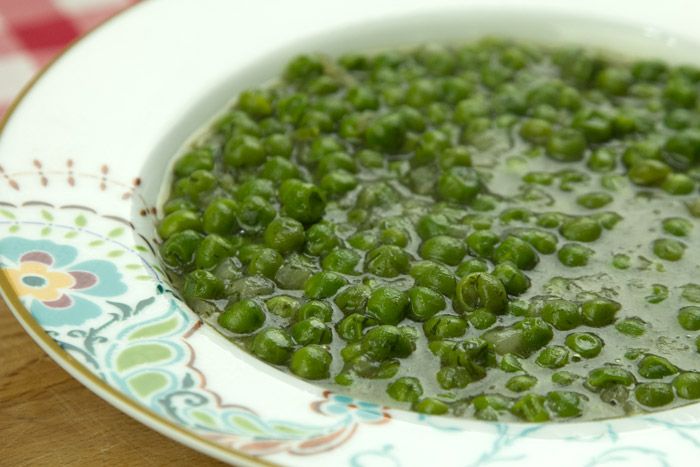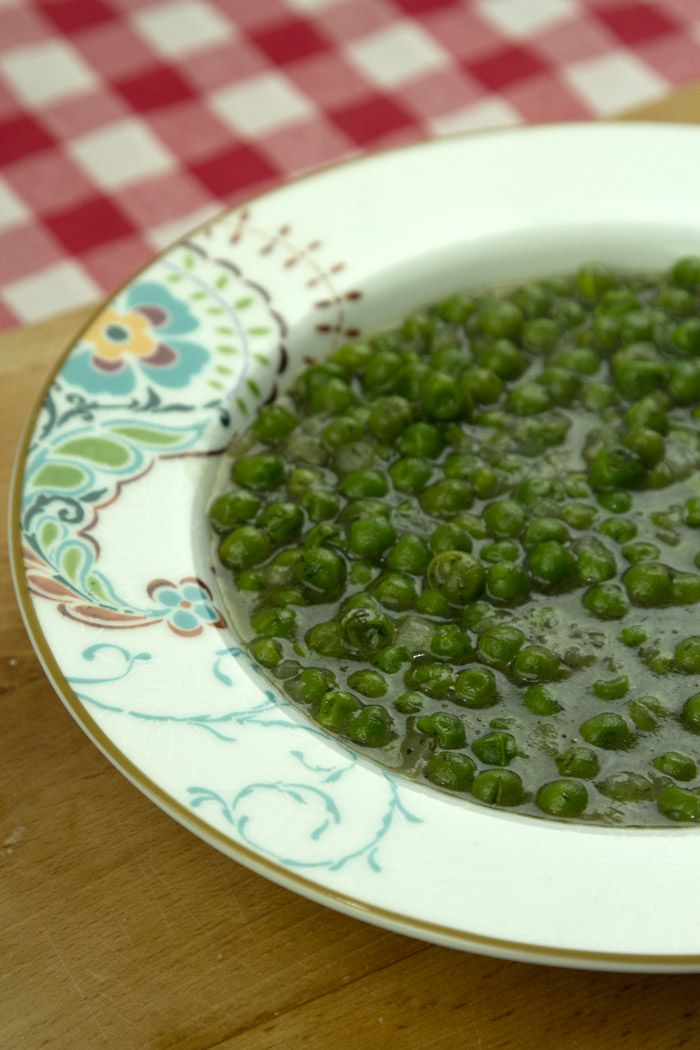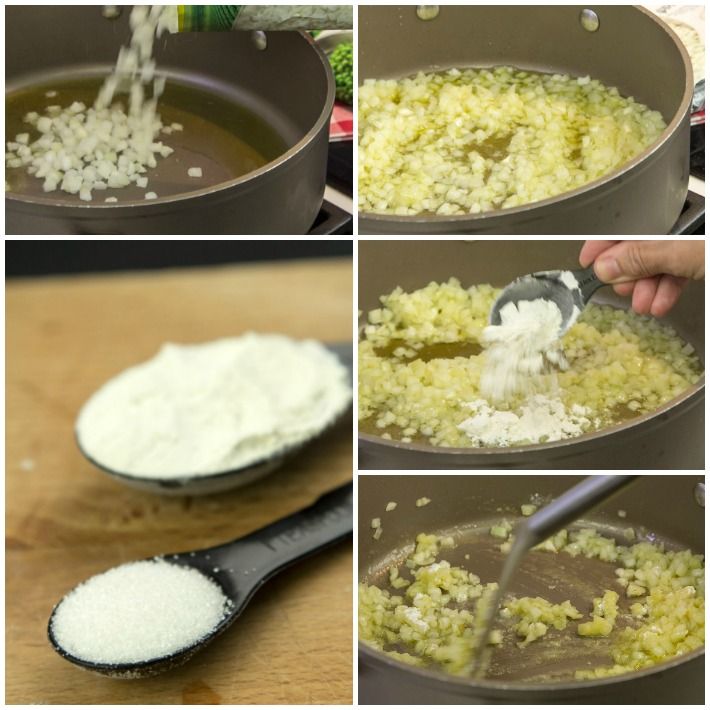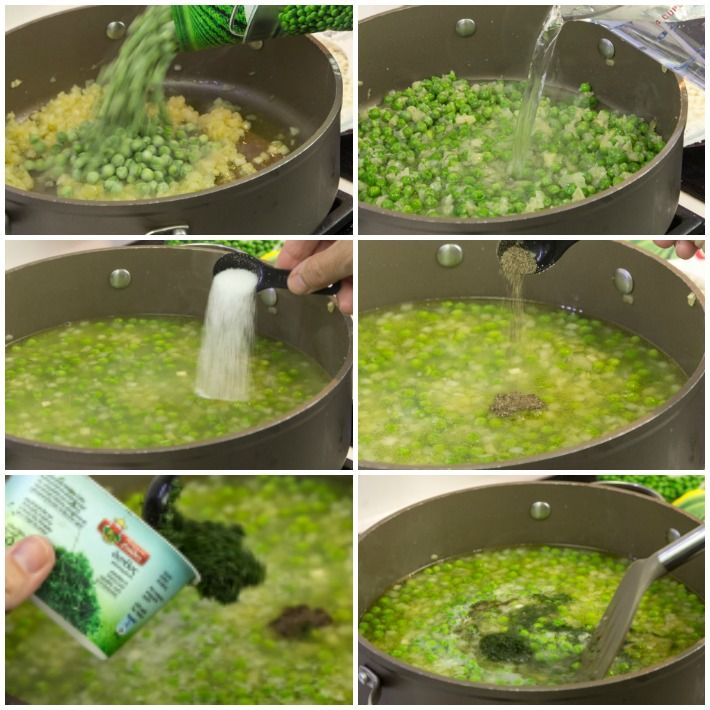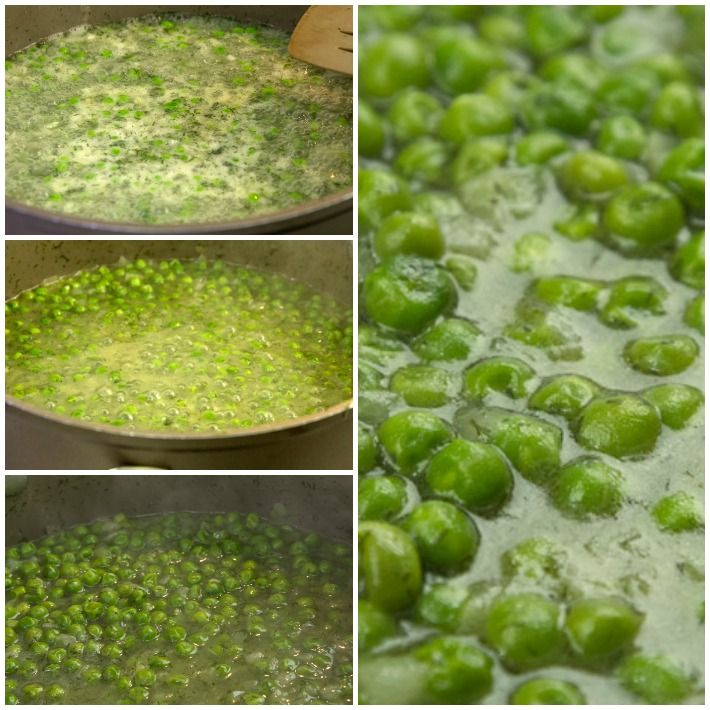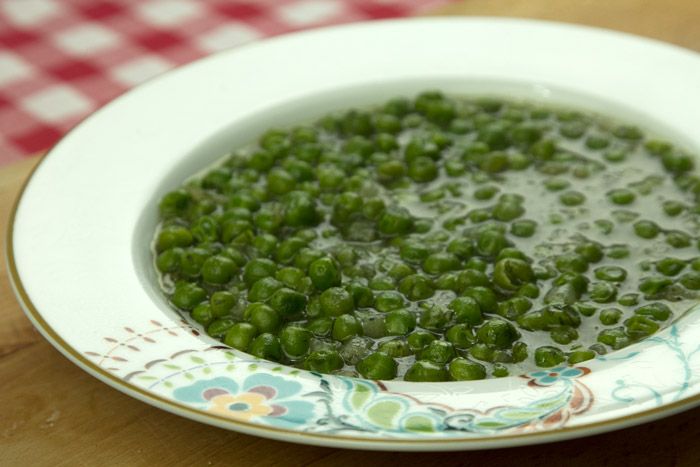Peas with onion and dill, cooked in olive oil is a characteristic example of how a simple, but carefully chosen combination of very few humble ingredients can produce an amazingly tasty result. This philosophy of cooking is one of the building blocks of Greek cuisine, which is most vividly expressed with a category of recipes known as ‘ladera’ – meaning cooked in extra virgin olive oil ( ladi means oil in Greek).
In this ‘ladera’ category, combinations of vegetables while in season, and/or pulses, are cooked with fresh aromatic herbs in extra virgin olive oil, using a simple technique, and producing dishes that are deliciously moreish, very nutritious, inexpensive and quintessentially Greek.
Traditionally the Greek diet was based on vegetable and pulses, with meat being a very occasional luxury. Vegetables were the main course and therefore a lot of thought went into how to cook them in the tastiest way. These ‘ladera’ recipes are the result of hundreds of years of honing the perfect combinations of vegetables. This is why these recipes are the perfect addition to the international table, where traditionally vegetables are side dishes and oftenα almost an afterthought.
In Greece, the humble vegetable is the star attraction!
As with any traditional recipe, there are various versions of ‘Ladera’ peas, but at Caruso we have built our reputation by finding the most finely-balanced flavours, following the philosophy of ‘less is more’. So, instead of including a couple of tablespoons of tomato paste, as used in many recipes, only three main ingredients are included in our version and just two small technical tips will ensure that the end result will be perfect. Apart from these small improvements, it is identical to the recipe that my grandmother used to make for me as a child in Athens.
‘Ladera’ peas are one of the recipes used during Lent and other fasting periods in the Greek calendar, when for a few days and for purely religious reasons, many people in Greece become temporary vegans because the consumption of dairy products and meat is not allowed. These fasting recipes are known as ‘nistisima’, but in Greece we make sure that this restriction does not dim our culinary zeal; a fast can easily become a feast!
The recipe
This recipe can be made using fresh or frozen ingredients.
It is ready in 35 minutes, so it’s an ideal weekday choice for when you come back from a hard day’s work, as it is a comfort food with great nutritional benefits. Peas are extremely rich in protein, full of fibre, vitamin A, B6, C and K, and minerals.
It can be served as a stand-alone main course, as in Greece, but also makes a great starter or side dish. It can be served either hot or at room temperature, is even better a day after cooking and happily keeps for a few days in the fridge if you manage to restrain yourself from finishing the whole bowl off!
Ingredients (for 4 )
450 g peas (frozen)
150 g chopped onion (frozen or fresh)
25 g chopped dill (frozen or fresh)
80 ml olive oil
1 tbsp. plain flour
1 tsp. sugar
1 tsp. salt
¼ tsp. pepper
750 ml approx. boiling water (the amount of water depends on many factors and is therefore only indicative. See note below)
Preparation:
Just before you start, boil one litre of water in the kettle.
1. Sauté the onion
Heat the olive oil in a wide shallow pan on a medium heat hob ring. Once the oil is hot, add the onion (frozen or fresh) and stir every so often. After about 4 minutes, once it begins to soften, add the one tablespoonful of flour and one teaspoon of sugar and stir well.
2. Sauté and boil the peas
Add the peas and let them sauté for 2 minutes before pouring the water in. Start with adding about 600 ml. of boiling water and add more if necessary after the first ten minutes. Add the salt, pepper and finally the dill (frozen or fresh).
Leave the peas to simmer for about 25 minutes. After 10 minutes check how they’re doing and at around 15 minutes you may need to add water. At 20 minutes try the peas and if they’re ready, turn up the heat (with the extractor fan on to ensure that there is no condensed steam above the pan) in order to reduce the sauce, resulting in a lovely thick sauce with the peas.
NOTE: Depending on the depth and width of the pan and even depending on the brand of frozen peas the amount of water can vary, so when cooking this for the first time, be cautious until you see how much is needed! In the unlikely case that you use fresh peas, the cooking time will be more, hence the amount of water needed will be more.
Serving:
If you want, you can drizzle a little bit of fresh Greek extra virgin olive oil over the peas and season with sea salt and freshly ground black pepper. ‘Ladera’ peas are best eaten warm, as opposed to hot.
In order to fully appreciate our ‘ladera’ peas, we suggest accompanying them with crusty bread and some lovely crumbly feta cheese!


